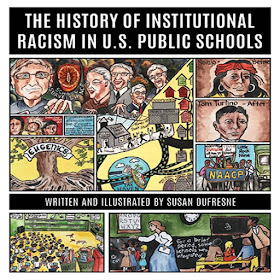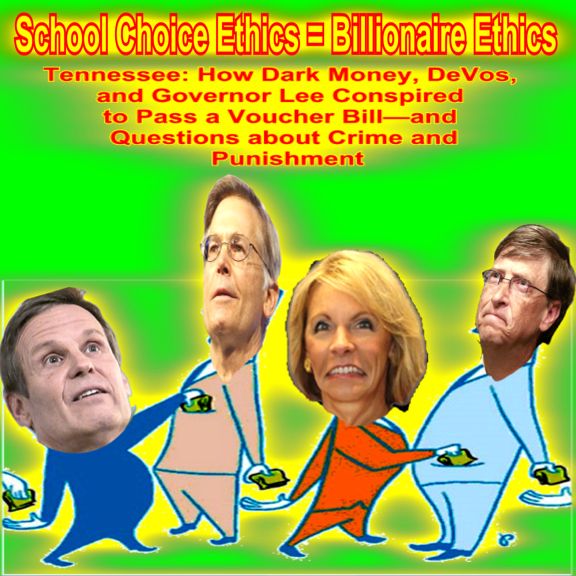Should Tax Dollars Pay For This Discrimination
Kayla Kenney used to be a student at Whitefield Academy, where the mission is "to serve Christian families by providing a Christ-centered, Biblically-based education marked by academic excellence and spiritual vitality." Part of their vision is "to produce powerful and effective student leaders." The name, incidentally, is from George Whitefield, an 18th century preacher credited with helping to found Methodism and evangelism-- so not a subtle whiteness thing, just a subtle "refusing to be dragged into the 21st Century" thing.
The school's language suggests that this is part of an ongoing issue with Kenney, because, I guess, she often wears rainbows? Who knows. It doesn't really matter; Whitefield is a private school and they can eject any student they wish for any reason they wish. This story is spreading rapidly, but I'm not sure there's much to see here.
Except.
Except that this is Kentucky, where the fans of school choice have been pushing oh-so-hard for charters and vouchers in all their various forms. Like this old op-ed in which the head of EdChoice Kentucy tries to argue that scholarship tax credits don't cost the taxpayers a cent because they CONTINUE READING: CURMUDGUCATION: Should Tax Dollars Pay For This Discrimination
























